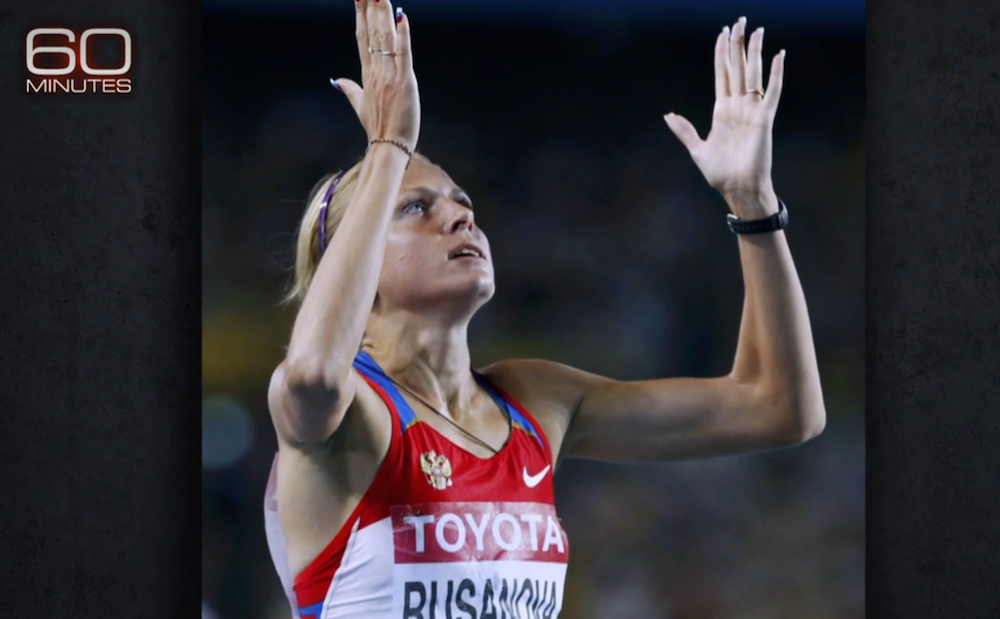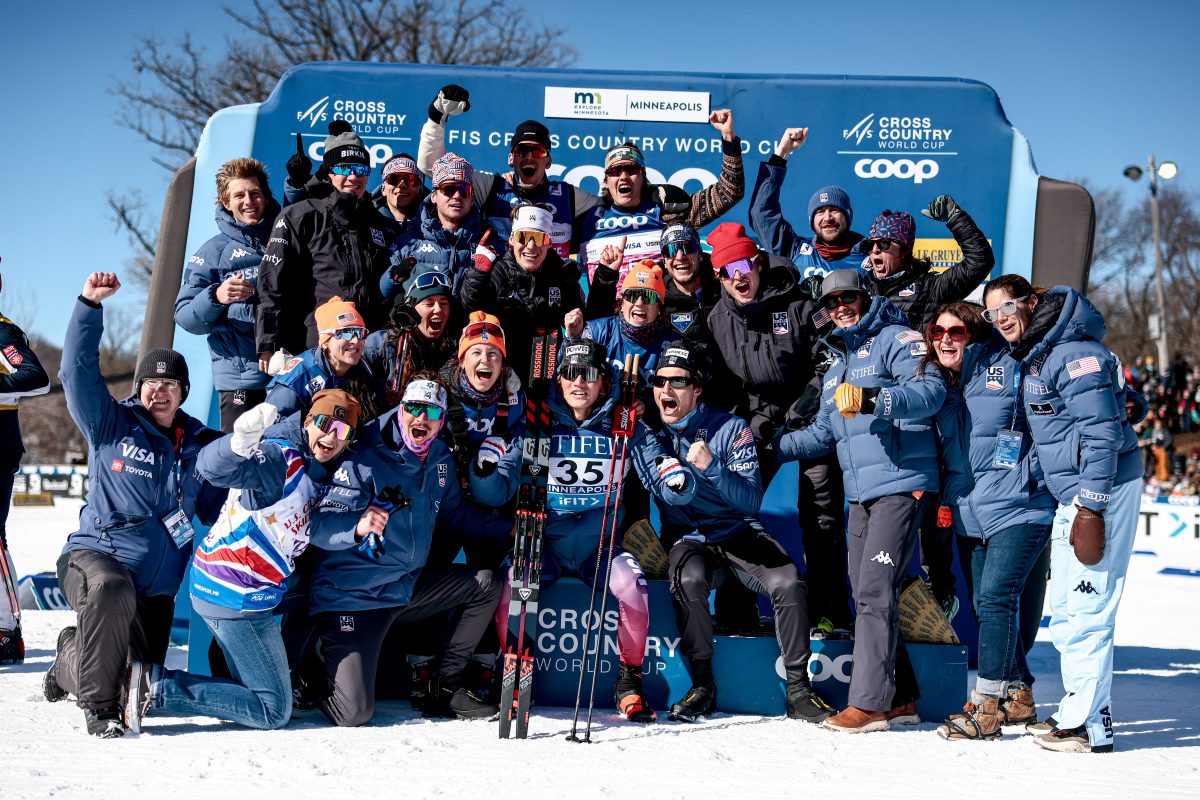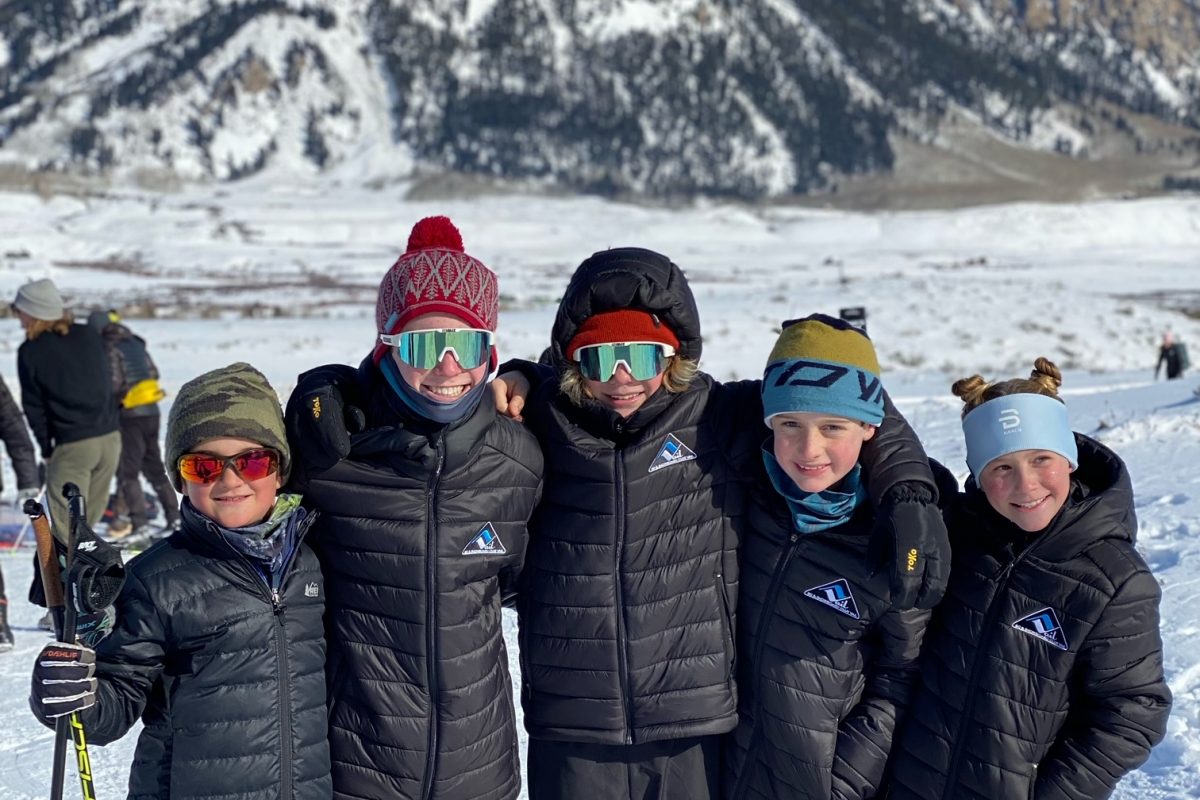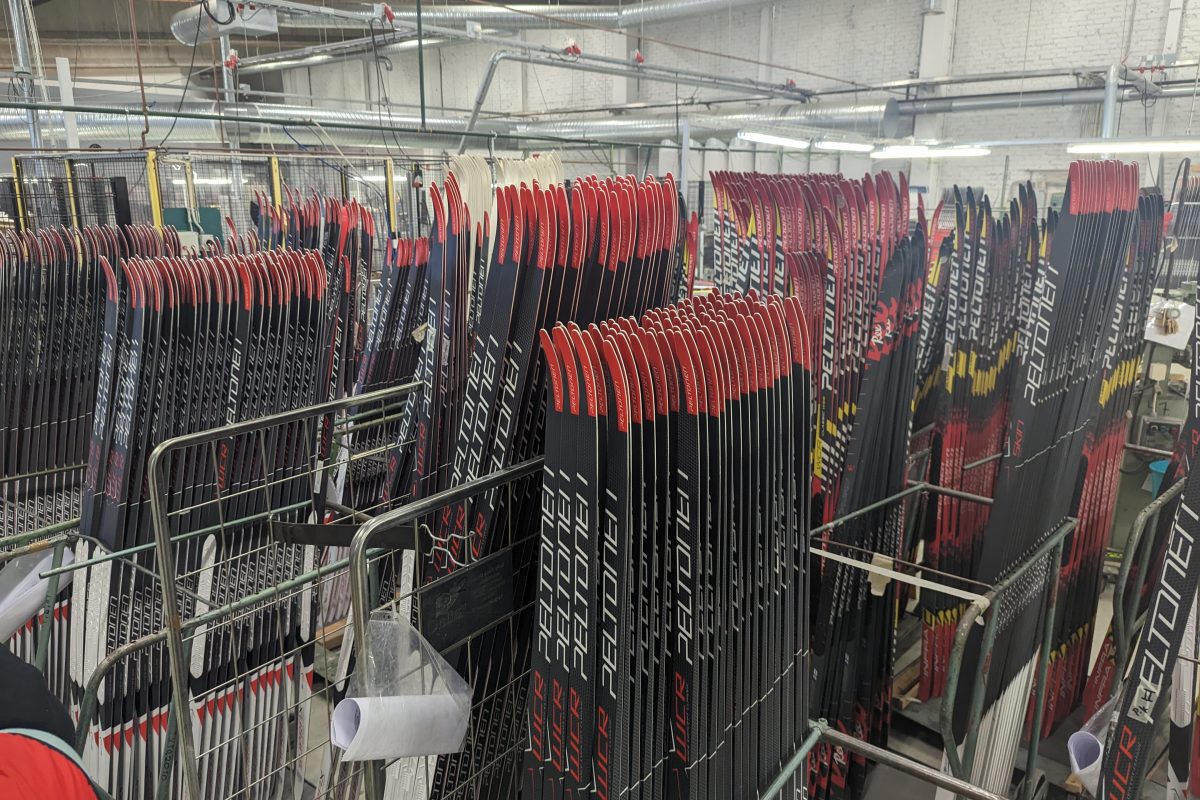
The International Association of Athletics Federations (IAAF), the global governing body for track and field, has decided to prohibit Russian athletes from competing at the 2016 Olympics in Rio de Janeiro, Brazil.
Widespread, systematic doping, along with cover-ups, political connections and bribery in Russian track and field were revealed over the course of the last year in a series of news documentaries and then investigations by the World Anti-Doping Agency (WADA).
With the reports of systematic doping now spreading into other sports – for instance, 14 Russian cross-country skiers have been accused of doping at the 2014 Olympics, while a top government official admitted that the entire ski team was doped in 2010 – many in the Olympic sphere are watching the IAAF decision closely to see what options other federations might have for dealing with renegade countries in the future.
The All-Russia Athletics Federation (ARAF) was initially suspended from international competition last November. The IAAF then had to decide whether to uphold the ban through the Rio Olympics or whether Russia had made enough progress toward Code compliance to be deemed eligible.
The decision: no.
“Although good progress has been made, the IAAF Council was unanimous that … Russian athletes could not credibly return to competition without undermining the confidence of their competitors or the public,” IAAF President Lord Sebastian Coe said in a live-streamed press conference on Friday.
It is the first time since the World Anti-Doping Code came into force in 2004 that a team has been banned from participating in the Olympics. On the IAAF Council, the effort to keep Russia out of Rio was reported to be led by Canada’s Abby Hoffman and France’s Bernard Amsalem.
The IAAF Task Force, which worked for five months to investigate Russian track and field and was led by Norway’s Rune Andersen, suggested four action points, the first of which was that Russia would not be reinstated.
The IAAF Council unanimously adopted the recommendations.
“Under the reinstatement conditions, [ARAF] must show that there is now a culture of zero tolerance towards doping in Russian athletics…,” Andersen said in the press conference, before detailing that he didn’t see those conditions having been met.
“In particular, the deep-seated culture of tolerance or worse towards doping that got [ARAF] suspended initially appears not to have been changed today,” he said. “Certain coaches and athletes appear willing to ignore the doping rules. A strong and effective anti-doping infrastructure capable of detecting doping still has not appeared … [ARAF] appears unable to enforce doping bans.”
WADA filed a report on Wednesday showing widespread avoidance of doping controls by Russian athletes. In a three-month period, over 700 tests failed to be administered because athletes could not be located.
“In order to fix a problem, you have to realize and accept that there is a problem … so I think that is the first step that needs to be taken by Russia, is to acknowledge that there is a problem, from the top level of government and through all levels,” Andersen said.
In their responses to the decision, key players in Russian sports did not acknowledge a problem, and instead pledged to fight the decision.
“[Today’s] decision on the ARAF’s suspension was expected and easy to guess,” Russia’s Sport Minister Vitaly Mutko told Russian news agency TASS. “We will come up with a response.”
How international organizations handle the decision, and Russia’s attempts at appeal, will determine the true precedent of the decision. With allegations of systematic doping by Russian teams popping up in numerous sports (including skiing and biathlon), other federations are likely watching closely to see what leverage they might have over teams if Russia, or other countries, fail to make progress on anti-doping commitments.
Russia could, and likely will, appeal to the Court of Arbitration for Sport (CAS). John Coates, the head of the CAS, has recently said that he found Russian sports to be “rotten to the core”. But since Russia has not yet filed an appeal, it is not yet known who potential arbitrators will be and whether they share his opinion.
There’s another option for Russia, too: the International Olympic Committee (IOC).
“We now appeal to the members of the IOC to not only consider the impact that our athletes’ exclusion will have on their dreams and the people of Russia, but also that the Olympics themselves will be diminished by their absence,” the Ministry of Sport said in an announcement.
The IOC will be having a stakeholder meeting on Tuesday in Lausanne, Switzerland, to discuss the outcome of the IAAF decision.
“Ahead of the Olympic Games Rio 2016, the Olympic Summit will coordinate and harmonise the approach among the International Federations, which take the first decision on the eligibility of athletes with respect to qualification for and participation in the Olympic Games,” the IOC media office said in an announcement. “The discussion will have to address the difficult decision between collective responsibility and individual justice.”
Some see this as an attempt by the IOC to keep Russia in the Olympics.
The IAAF did offer one lifeline to Russian athletes: that if they could prove “clearly and convincingly” that they were clean, for instance because they lived outside of Russia and were tested repeatedly by other authorities (a “credible” testing program, Andersen asserted), then they could compete – but not for Russia.
Andersen said that this decision was made in part after an outside counsel advised them that legally, their ban on the Russian team would be easier to uphold in court if they made some allowance for proven clean athletes to compete, even if the burden of proof was substantial.
In addition, the IAAF decided that athletes who had provided substantial assistance in anti-doping investigations could also compete under an independent flag. That opens the door for Yuliya Stepanova, a whistleblower who helped initially bring the Russian doping scandal to light.
Chelsea Little
Chelsea Little is FasterSkier's Editor-At-Large. A former racer at Ford Sayre, Dartmouth College and the Craftsbury Green Racing Project, she is a PhD candidate in aquatic ecology in the @Altermatt_lab at Eawag, the Swiss Federal Institute of Aquatic Science and Technology in Zurich, Switzerland. You can follow her on twitter @ChelskiLittle.



